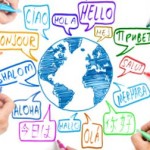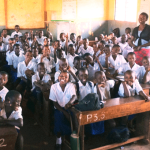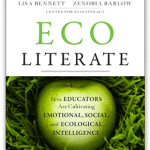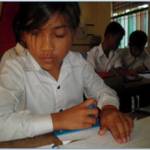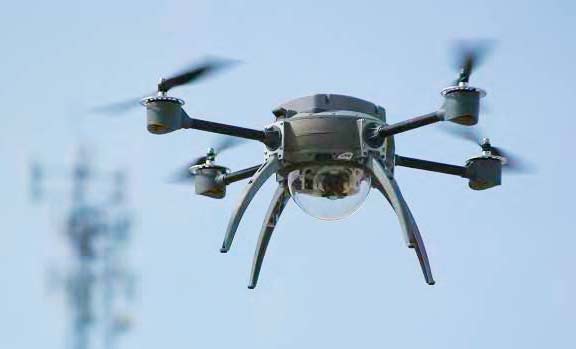Child Friendly Spaces for Rural Children in Kashmir
By Sumera B. Reshi
In the wake of a deadly natural disaster, Child Friendly Spaces (CFSs) in Kashmir, India serve as alternative spaces within villages for children to come together and engage in activities that allow both recreation and information. The CFSs allow the children from disadvantaged sections of the society to have an equal access to recreation and information.
Arts for Social Change? Creative Projects Empowering Women and Youth
By Federica Busiello
When looking for empowerment projects, in a development context, we may think of livelihoods projects, vocational training and income generation activities, or projects that aim to improve access to or quality of education; or at least I used to. I have more recently come across initiatives that use arts for social change: projects that use a creative process to inspire those who participate to empower themselves.
Translators Without Borders: When Linguistics Saves Lives
By Mike Levin
As of 2015, Translators Without Borders (TWB) is translating 800,000 words a month for 160 humanitarian organizations. Except for a small paid team in Nairobi, all work is done by volunteers. The demand is growing fast, which makes one wonder why it took so long for a global translation NGO to arrive.
Development as Freedom And Education
By Bak Hyejin
Education can be regarded as a crucial factor for the development of capabilities as well as human development. A review of Amartya Sen's seminal work Development as Freedom.
How Free is Free Education in Kenya & Uganda?
Free education is a concept that is only free on paper, but the reality is, education in Uganda and Kenya is expensive. There have been cases where students had to buy a bag of cement, toilet papers and brooms for their school. And in some cases students who fail to make book donations to school have been sent away.
The Post-MDG Agenda: Why Keep Spending in Education?
By Aparna Patankar
"Strong education systems are the foundations upon which we can build the structures and programs to eradicate poverty"
Reinventing a New Model for Education in Rural Nepal
By Manoj Kr. Bhusal
A Public school in Western Nepal offers a new educational model that could significantly change Nepal's primary and secondary education systems.Book Review: Ecoliterate—A Book Of Inspiration for Practical Action
by Ioulia Fenton
One of the hardest things to do for anyone interested in issues of environmental sustainability is to translate ideas and complaints into...
Story of a Rural Bolivian University
by Rachel Satterlee
A university on the eastern slopes of the Andes in rural Bolivia is providing an avenue for students to obtain professional skills...
Cambodia: Inclusive Education Combats Social Barriers
Despite its rating as least-developed country (LDC) where 56.5 per cent of the population are estimated by the World Bank (WB) to earn less than $2 a day (adjusted for purchasing power parity), Cambodia is consistently, albeit incrementally, improving its enrolment and literacy rates and successfully reducing poverty (from 34.7 per cent in 2004 to 30.1 per cent in 2007, WB). However, marginalized, physically impaired people are still severely affected by income inequality and exclusion.




